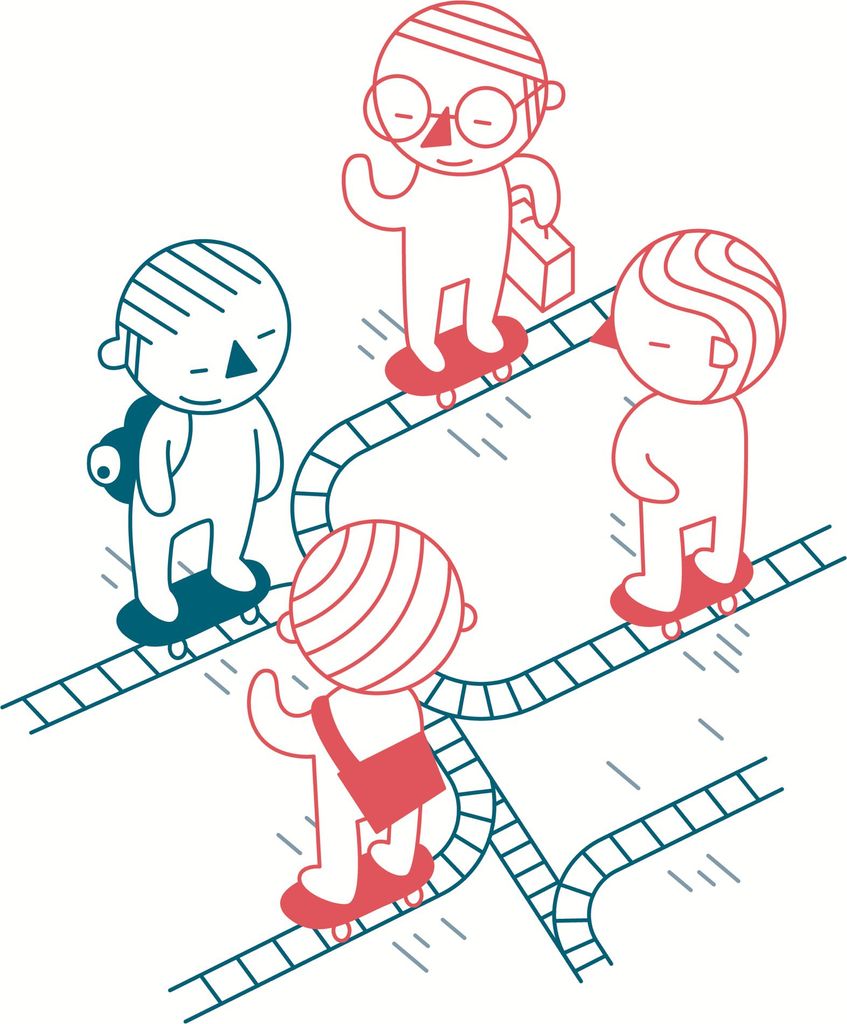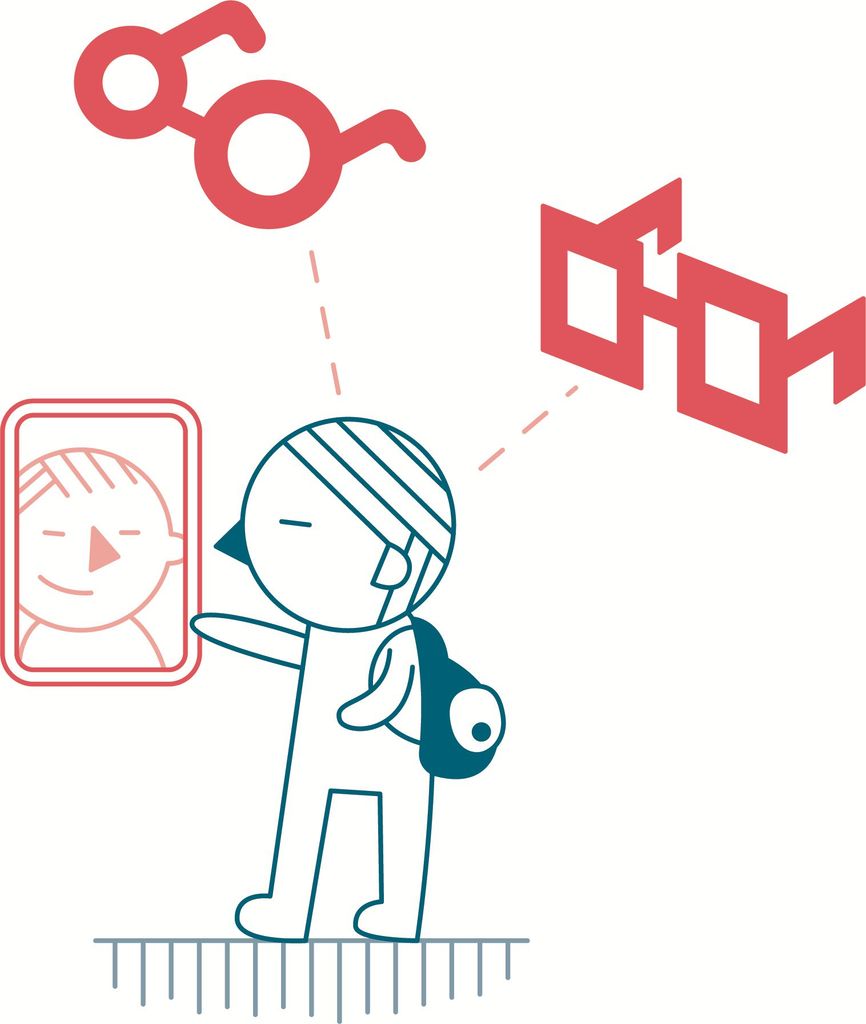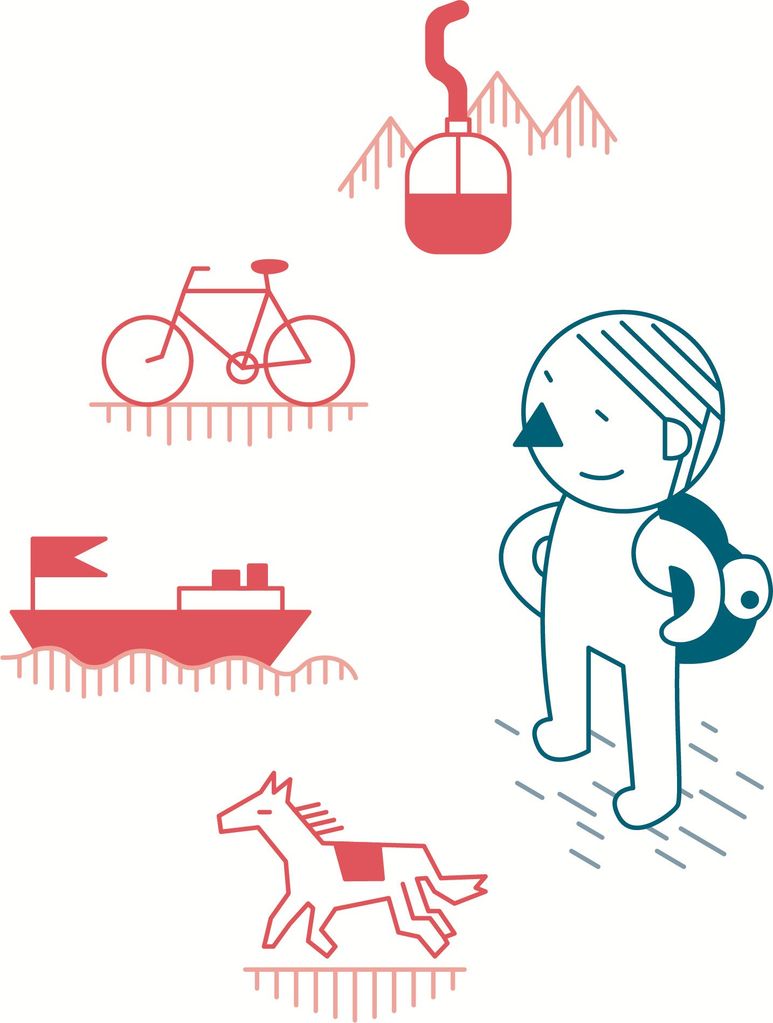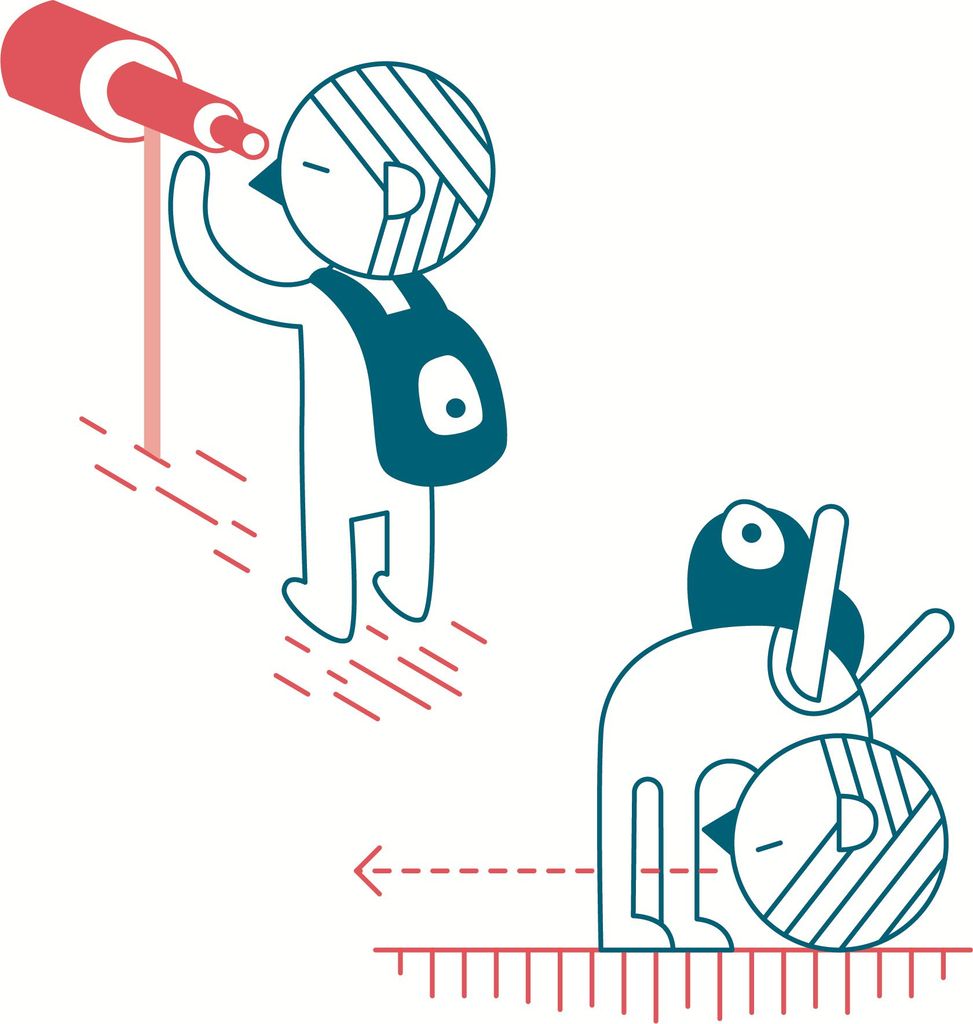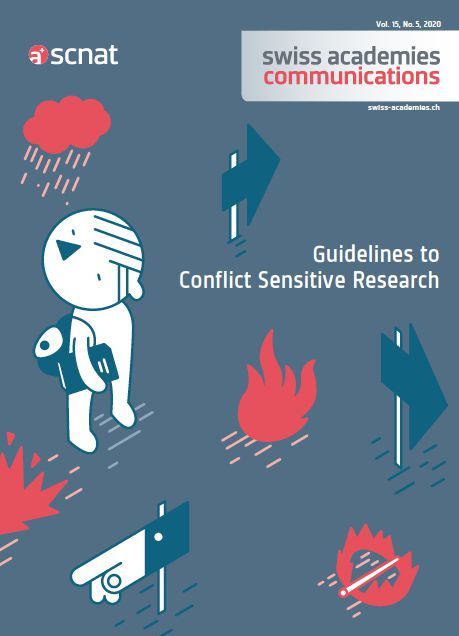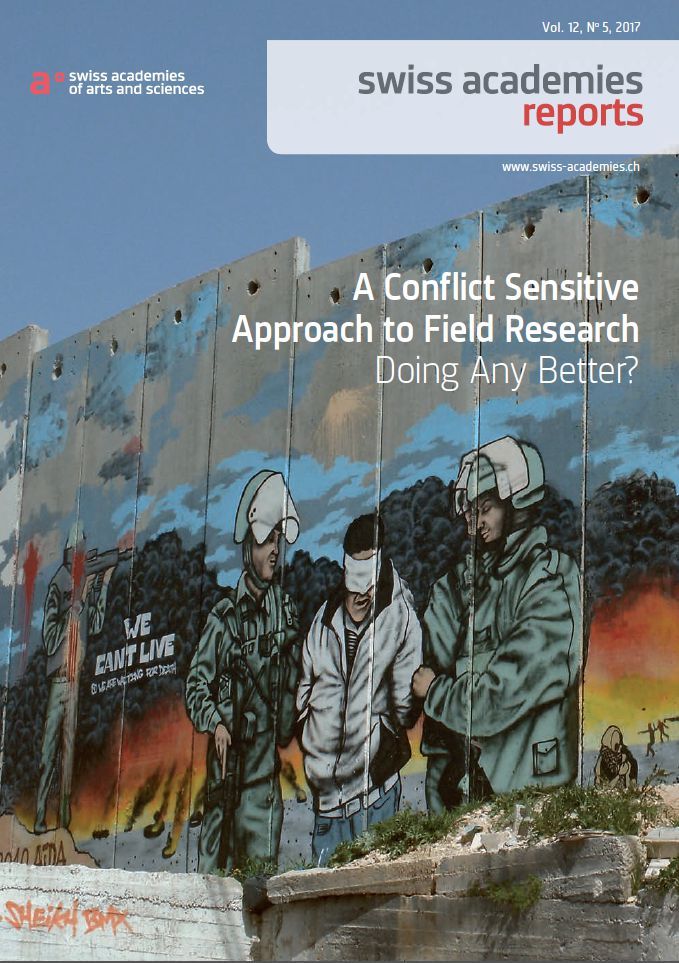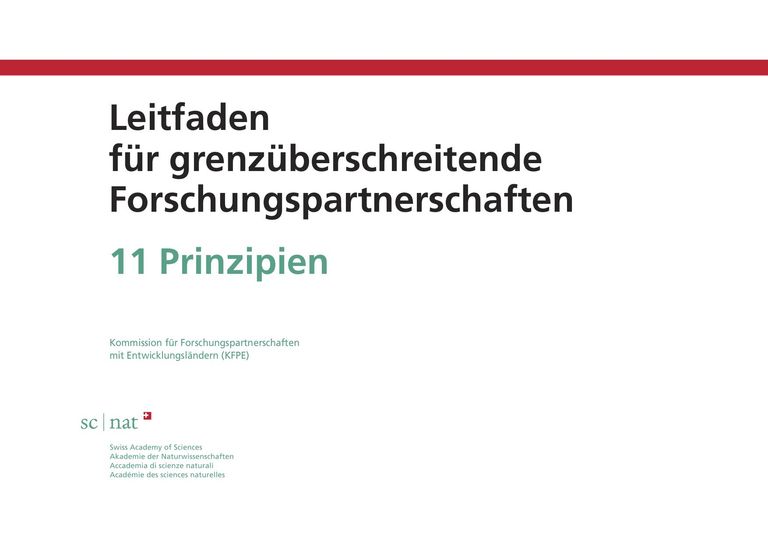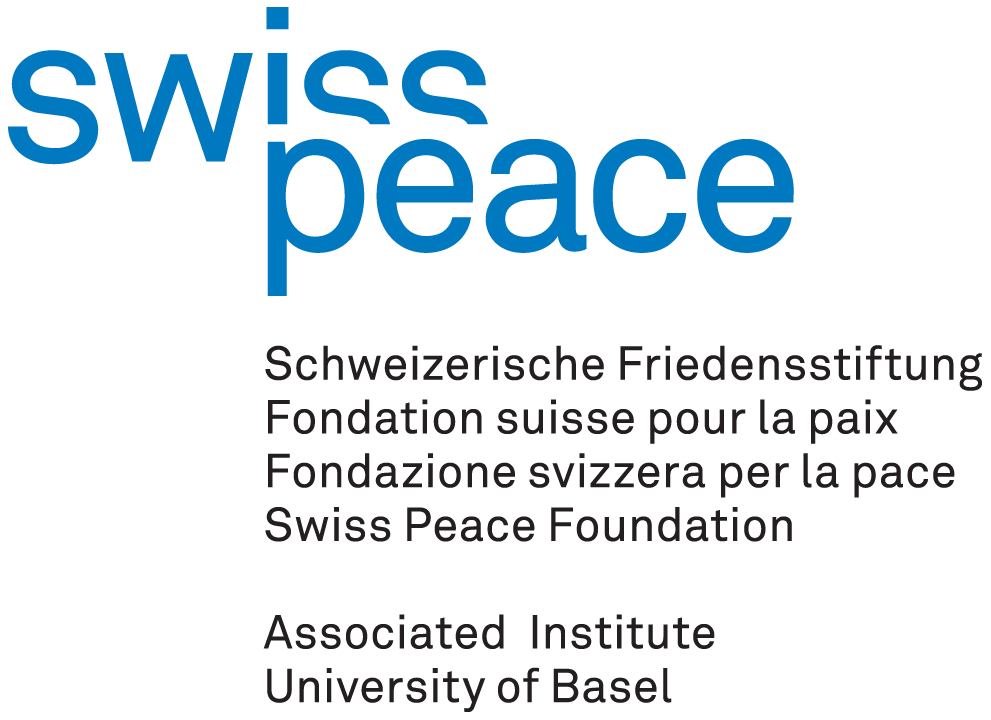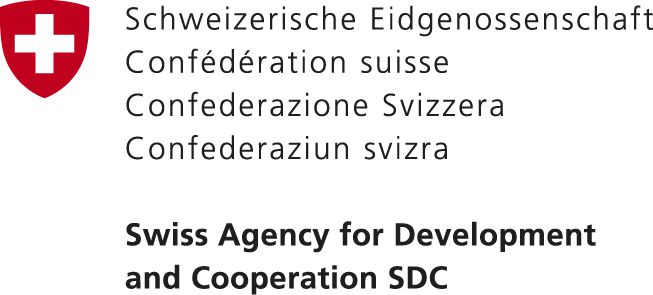1. Considerations for research funding institutions
Image : studio KO1/92. Assess assumptions and political sensitivities of your research design
Image : studio KO2/93. Create and maintain your research network & relationships
Image : studio KO3/94. Understand your perception and positioning within the context
Image : studio KO4/95. Define an appropriate research methodology
Image : studio KO5/96. Monitoring & Reflection during the research activity
Image : studio KO6/97. Take adequate security measures
Image : studio KO7/98. Communicate your research – before, during and after
Image : studio KO8/99. Share and publish research results
Image : studio KO9/9
Guidelines to conflict sensitive research
Doing research in conflict contexts is crucial. But how do you best conduct research – in all disciplines – in conflict-affected contexts? These guidelines are designed for all levels of researchers – from research student to professor – who conduct research in settings that are conflict-affected. These guidelines take you through 9 steps of a research cycle and point your attention to critical and sensitive aspects of research in and on conflict.
An Introduction to the Guidelines - why conflict sensitivity?
Applying conflict sensitivity to research highlights that, regardless of subject matter and methodology, research is always part of the context in which it takes place. In stable settings, this may be less problematic or at least more predictable and manageable. In conflict contexts, however, where tensions are high, power dynamics are extreme and the security situation is opaque, the presence of international researchers and the ‘extraction’ of information can be very sensitive.
Adopting a conflict sensitive approach to research helps to understand the interaction of research with multiple layers of overt or latent conflicts. The interaction of research and conflict context effects what is being researched, how research is carried out, and the knowledge that is thus produced.
A conflict sensitive approach throughout the entire research cycle:
- reduces the risk of a total abort of the research endeavour,
- provides scenarios should the security situation change,
- helps to create a flexible research design and conduct, e.g. by adapting methodology, changing research partners or case studies, and
- helps to identify and manage implicit messages research partnerships may carry, particularly if funds are directed towards one single institution, geographic area or ethnic group in a conflict-affected context.
How can conflicts affect research?
- Due to restricted movement, you cannot meet people, you cannot stay for longer periods to observe.
- Partisan universities may monopolize international funds.
- The choice of research topic may be driven based on political interests and not correspond to the actual needs of the communities.
…and how can research affect conflicts?
Examples of positive impacts of conflict sensitive research include
- strengthening spaces for dialogue for communities across conflict lines,
- building trust in national research institutions and research ownership,
- generating research results that help address drivers of conflict or
- giving a voice to victims and highlighting different narratives.
Examples of negative impacts include
- facilitating resource flows that institutionalise corrupt systems,
- national security forces, rebel groups, private security actors and organized crime may misuse their power position to access sensitive data,
- re-traumatising victims,
- implicitly raising expectations of tangible change as a result of research processes without identifying means to address them,
- pursuing ‘extractive’ research that undermines participants’ livelihoods or local capacities for peace.
The research methods used to formulate these guidelines include interviews with over a dozen researchers and research funding institutions from the Global North and South. They were complemented by a literature review of existing guidelines on conflict sensitivity, on field research in conflict contexts, and on research ethics as well as by a consultation round with the interviewees and peacebuilding professionals.
For more information and literature see the Swiss Academies Communications 2020.



